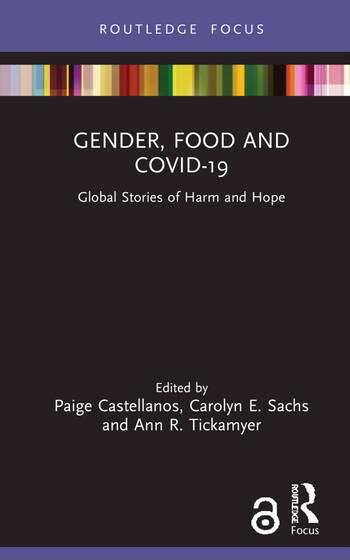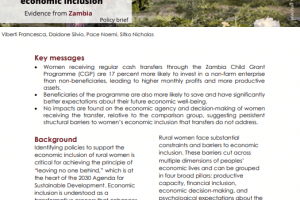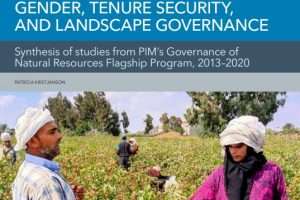In rural Nepal, the most marginalized farmers had limited access to health care facilities, quick financial support, food, and relief measures dur-ing COVID-19. For households where everyday food needs are covered through daily wage labor or remittances from out-migrated family mem-bers, a pandemic has direct health and food security consequences (Egger et al., 2021). Harmful impacts are immediate income loss, restricted mobil-ity for migrants, and the disruption of food production and market supply chains. However, as Agarwal (2021) argues, COVID-19 not only affects earnings and food insecurity, but also intra-household dynamics and gen-dered vulnerabilities such as the depletion of savings and assets, social iso-lation, and mobility loss.
This chapter addresses the impact of COVID-19 lockdown on women farmers, with a particular focus on our field sites in the Far-Western region of Nepal. We review Nepal’s government response to COVID-19 with regard to the exclusionary effects of relief and recovery measures for women smallholders. In this context, we highlight the importance of local women’s organizations and inclusive (digital) platforms to create awareness of the needs of the most marginalized, and how to effectively reach out to them. Finally, we conclude with recommendations for future research in a post-COVID-19 context.





Add Comment